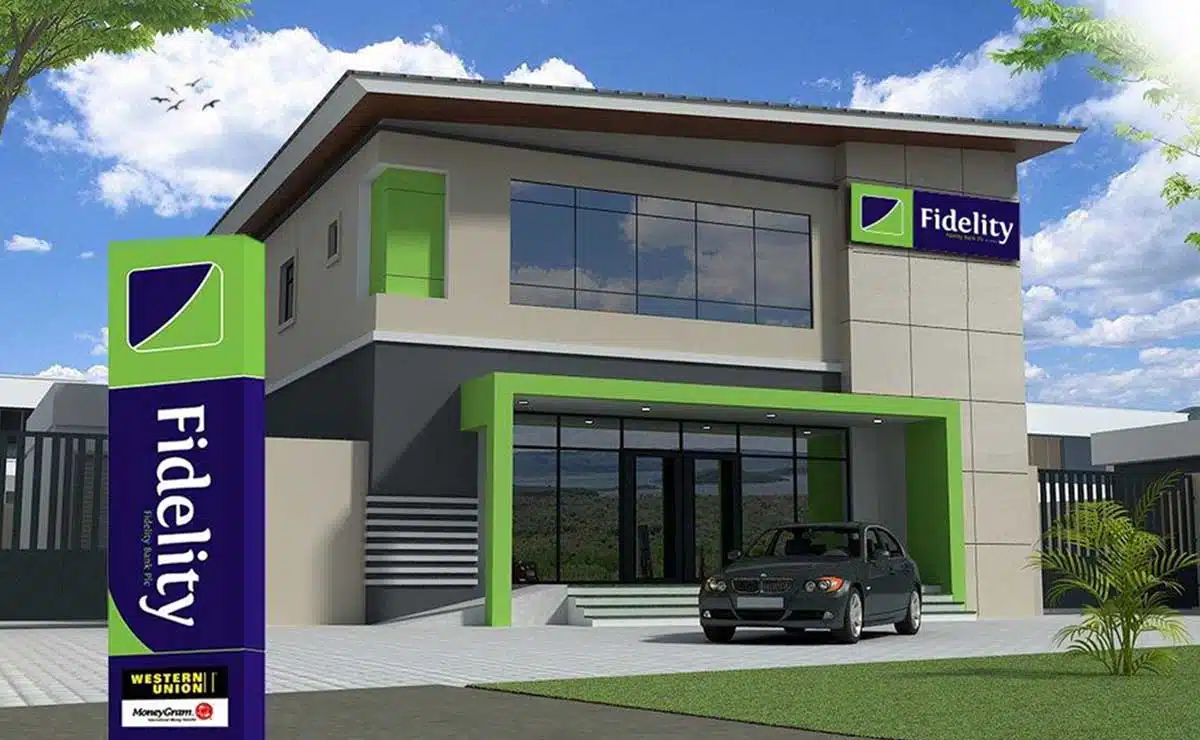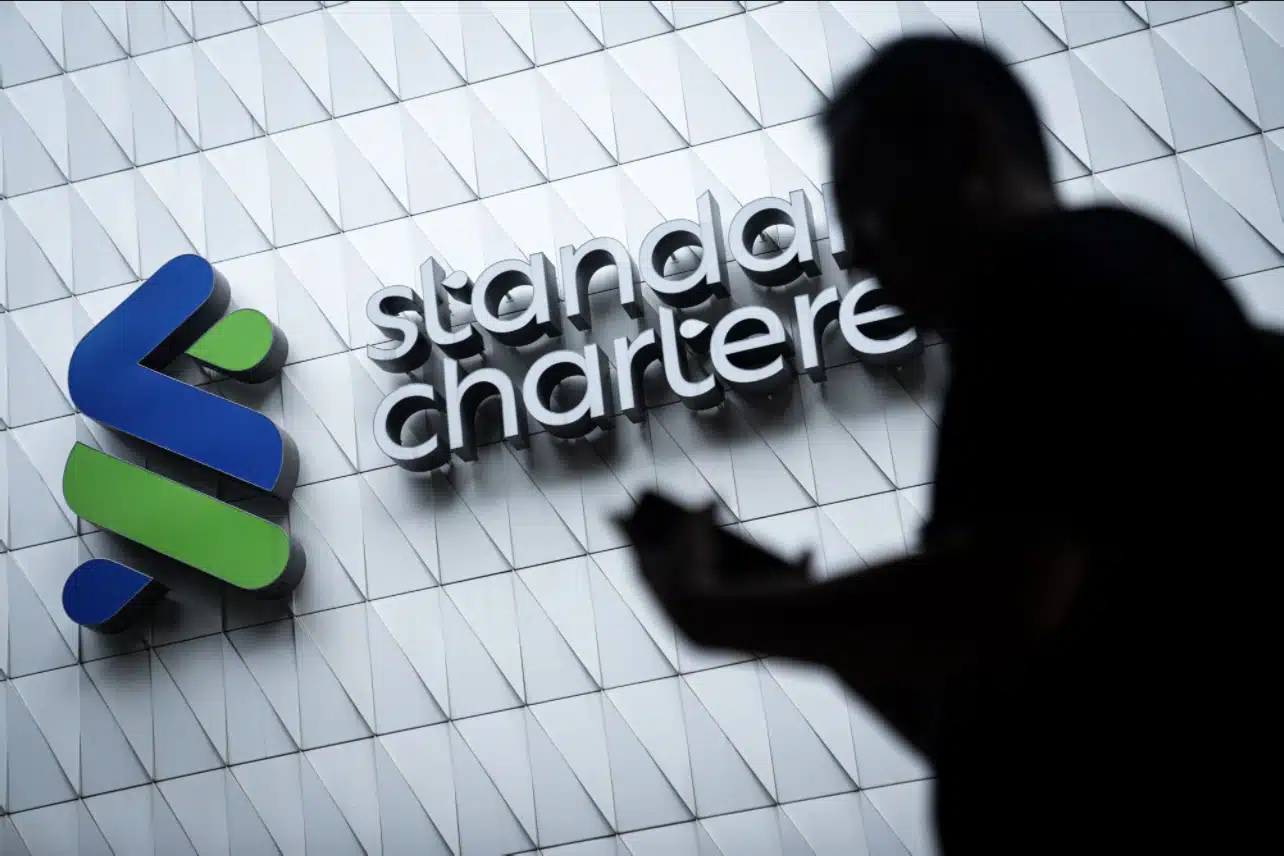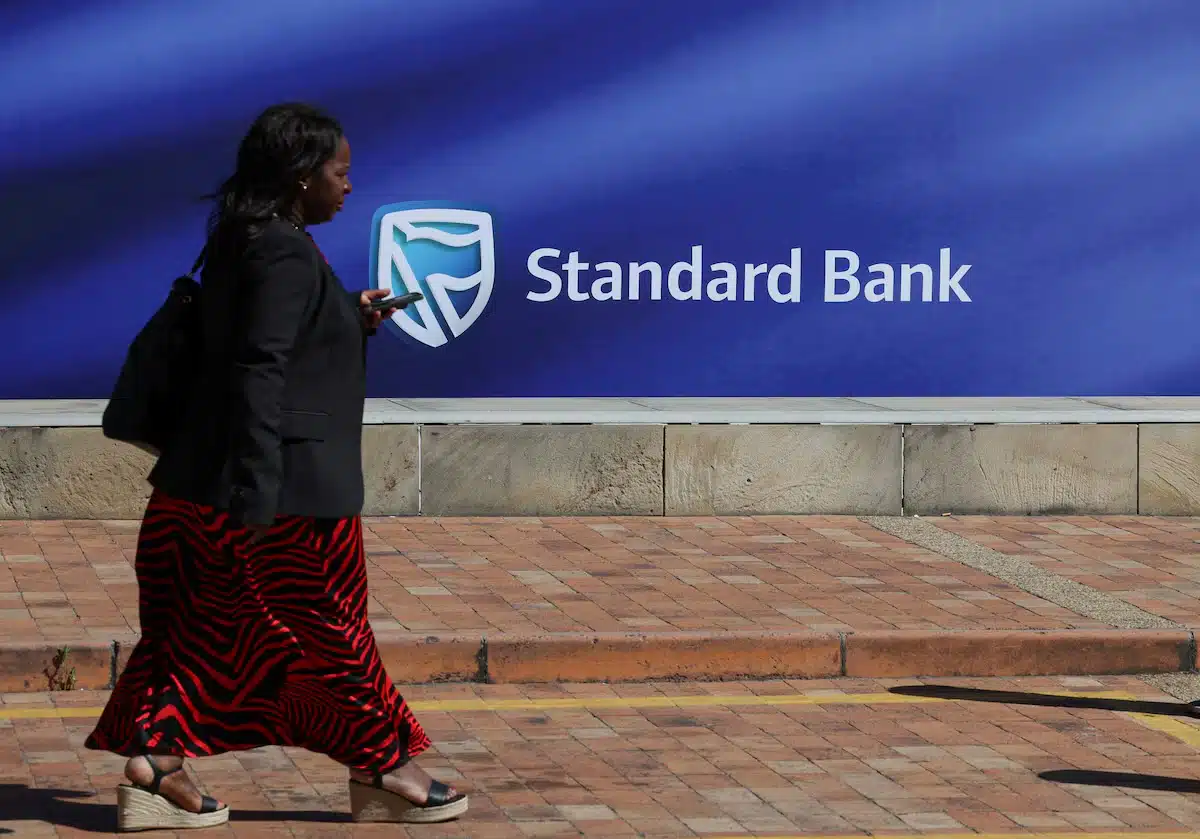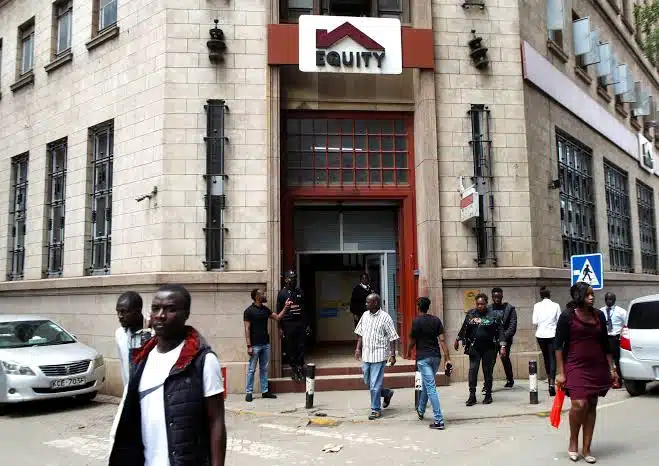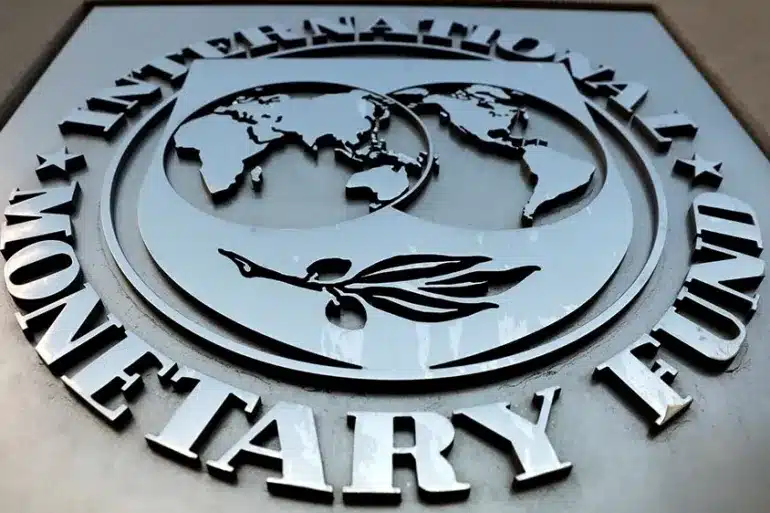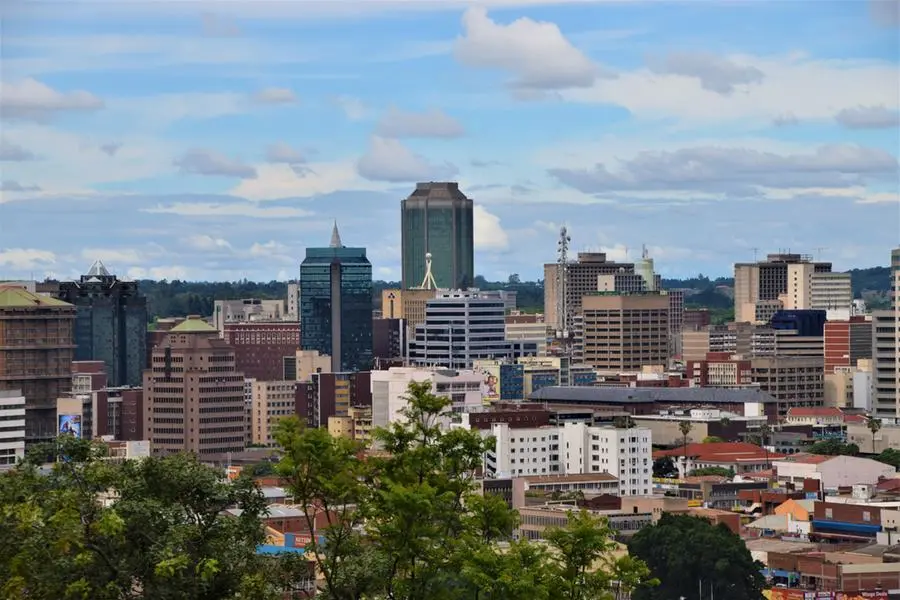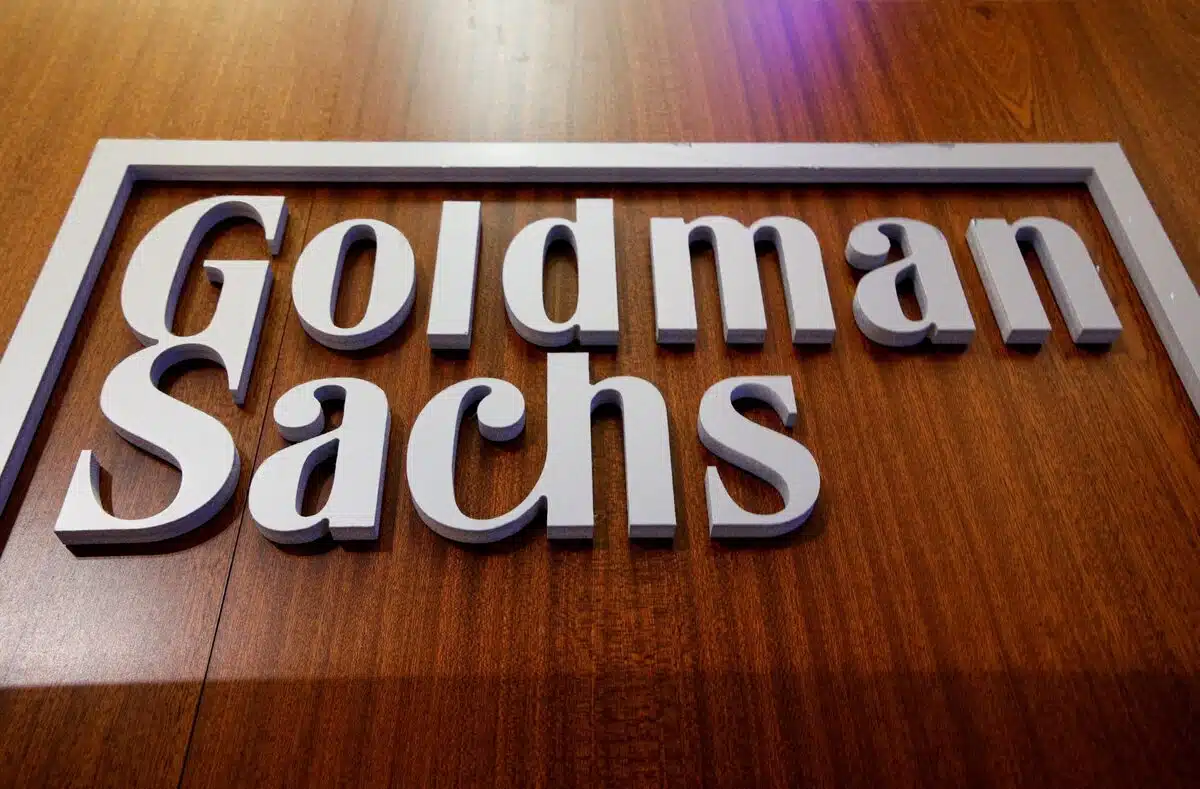Nigerian commercial lender, Fidelity Bank Plc has denied claims that the nation’s apex court ordered it to pay $139 million in damages over a disputed legacy loan, dismissing reports of imminent bankruptcy as “malicious, misleading, and unlawful.”
In a statement on Sunday, the Tier 2 bank clarified that the matter in question stemmed from a $3 million credit facility granted in 2002 by the now-defunct FSB International Bank, which Fidelity later acquired.
The disputed transaction involves a long-standing property battle with prominent construction company, G. Cappa Plc and Sagecom Concepts Limited, with the crux of the dispute being the calculation of damages resulting from the delayed possession of a mortgaged property in the country’s commercial hub, Lagos.
The bank explained that while it is willing to settle lawful obligations arising from the judgment, it has sought judicial clarification on the correct computation of the sum. Fidelity maintains that the actual exposure—based on 2005 exchange rates when the dispute began—stands closer to $8.7 million
Even applying the Supreme Court’s January 2025 ruling on exchange rate conversion, the potential judgment liability remains under $19 million, to be shared between G. Cappa and the bank.
Contrary to claims that the ruling could push the bank into insolvency, Fidelity Bank stated unequivocally that it remains “a very strong and profitable financial institution.”
The lender highlighted its robust capital base and international operations, adding that it is “among the most capitalised banks in Nigeria today.”
“Fidelity Bank is not under bankruptcy,” the statement said.
“The bank has always been in a position to discharge its proper and lawful obligations, and wishes to assure its depositors, customers, investors, and the general public that the bank is in a strong financial position.”
The lender pointed to its unaudited Q1 2025 results as evidence of continued strength.
These claims come as the bank embarks on the second phase of its recapitalisation programme, having already exceeded its $79.2 million fundraising target in the first round.
Fidelity stressed that the disputed judgment is still subject to legal clarification. “The Court has accordingly ordered Sagecom to maintain status quo pending the determination of pending motions,” it noted, adding that all parties have been restrained from further public commentary.
The Central Bank of Nigeria also weighed in on the matter on Monday, reassuring depositors, investors and the public that the Nigerian banking sector remains “resilient, safe and sound.”
While the legacy dispute may continue to drag through Nigeria’s courts, Fidelity Bank insists its fundamentals remain sound—and far removed from the spectre of collapse suggested by recent reports.

